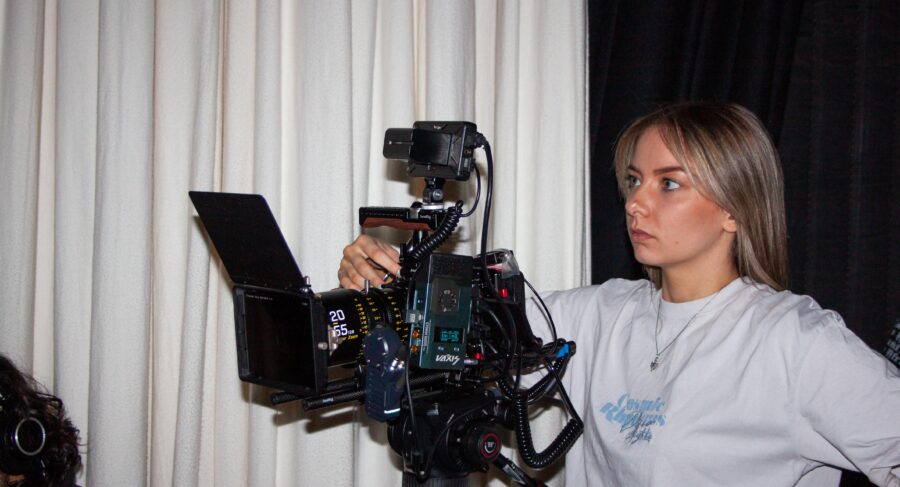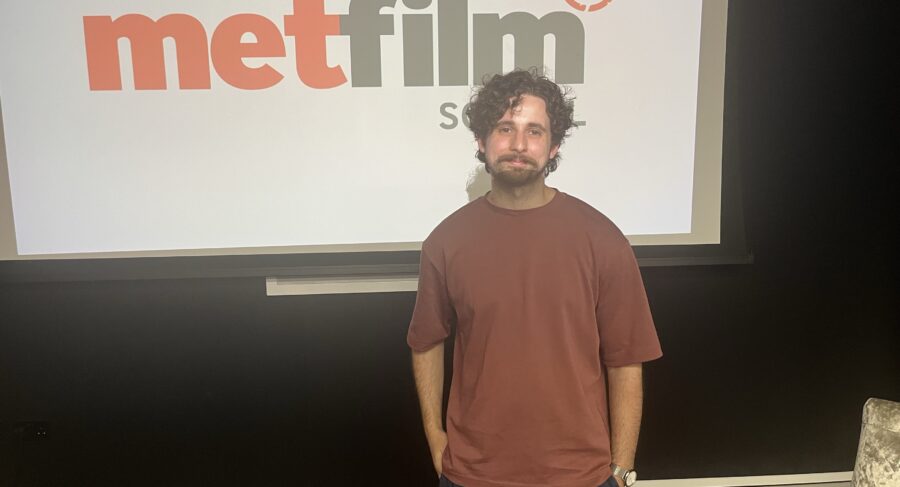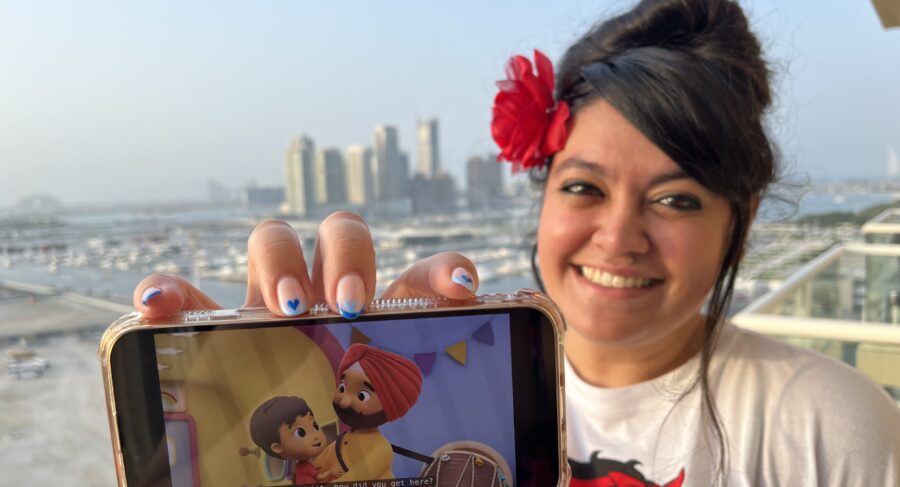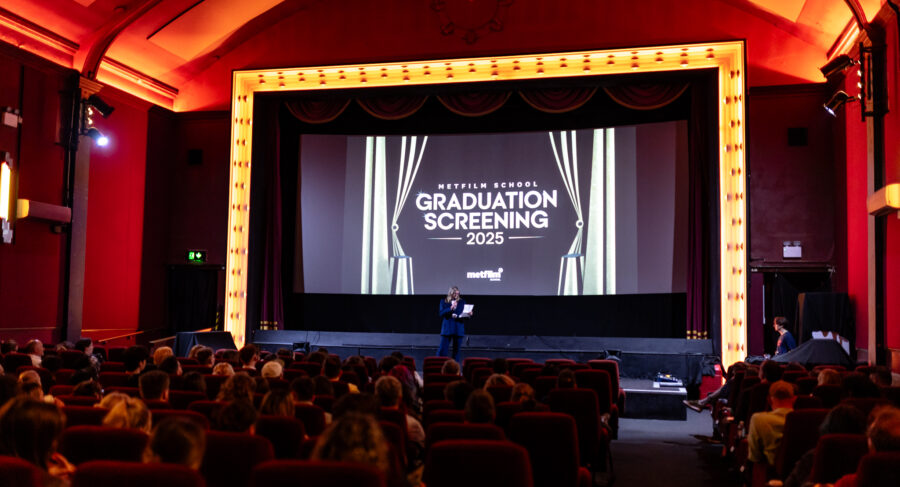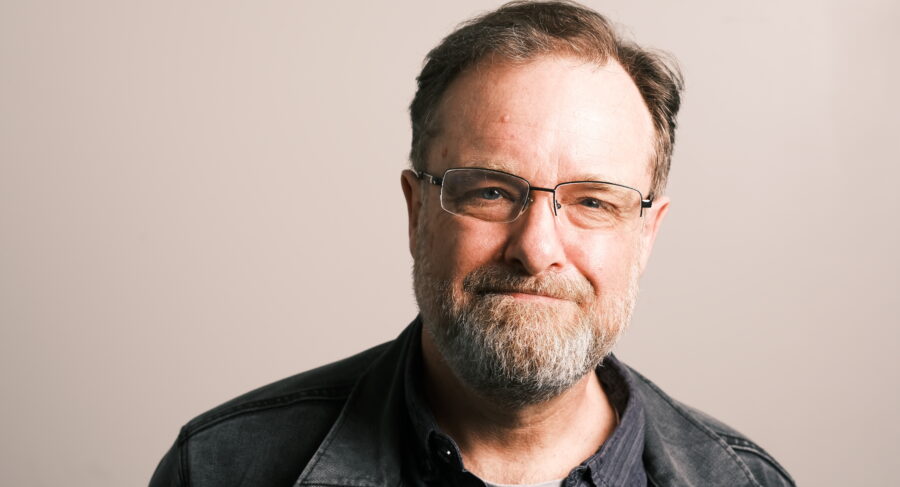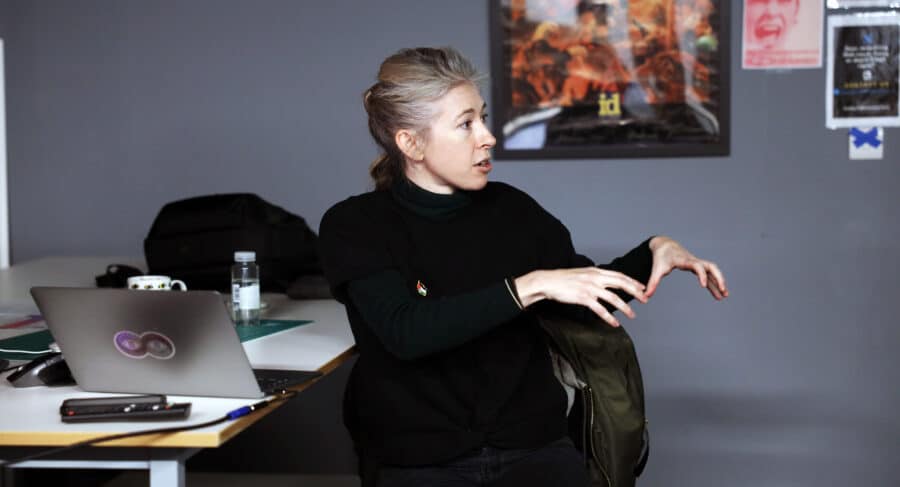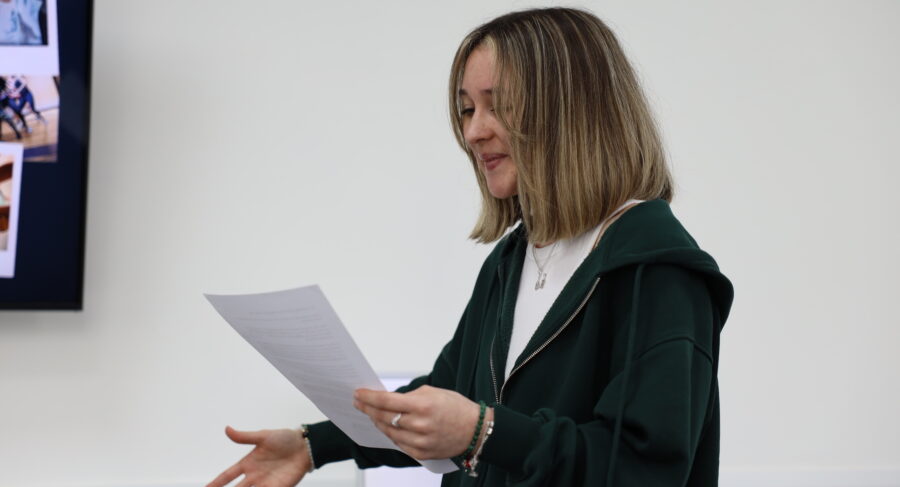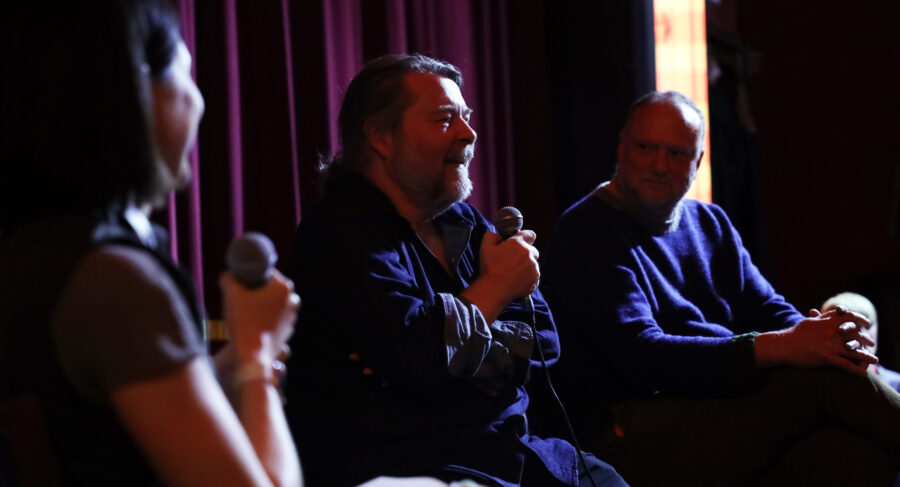From London to Bogotá – Sebastian Lapidus (MA Screenwriting)
By Danny Kelly
03 May 2019
Sebastian Lapidus is an MA Screenwriting graduate, who since leaving London to return to Bogotá, has secured work as an in-house screenwriter at Laberinto, a leading Columbian production company.
In his time at the company, Sebastian has developed several projects for TV, a couple of feature films, a short documentary and a transmedia project, which, after taking several turns, is now a six-episode series and has been granted a production bursary from the National Television Authority of Colombia.
We caught up with Sebastian Lapidus to talk about his time at MetFilm School, the Columbian creative industry, and what it’s like to be a screenwriter right now.
How did you know screenwriting was for you?
I’ve always loved stories. At first, I thought I wanted to be a director. Then when I first came to MetFilm School to do a short course (Sebastian studied Six-Month Practical Filmmaking before progressing onto MA Screenwriting), tutor Anthony Alleyne made me realise I’d be more suited to writing. I have a BA in Literature, so the pathway was right there.
Why did you choose to study in London?
For ten years I attended the British Council in Bogotá and we watched a lot of British films. I remember being fascinated by Nicolas Roeg’s The Witches and Carol Reed’s The Third Man. There was something about British films that stuck with me. Studying in the UK isn’t as expensive as the US, and the UK has a strong and unique film industry. The choice was ideal.
Tell us about a typical day working with Laberinto Production Company!
Well, the cool thing about working with Laberinto is that there is no typical day!
My work is quite self-directed, so I have a lot of creative freedom. I usually write alone, but sometimes with a partner, which I prefer. Once a script is almost there, I show it to the producers, who review and give me notes. I make the changes, bounce it back to them, and so on until we have something we can show to clients or networks.
I’ve been lucky enough to attend meetings with executives that have taught me a lot about the Colombian industry and what sort of content they look for. After attending those meetings, I head back to the office and discuss future projects that could fit with what the networks or platforms need.
Which types of content do you feel most excited about working on and why?
For me, it’s writing a feature. I’m more inclined towards writing self-contained stories and enjoy the challenge of a feature film. It really depends on the story you’re telling. Some stories are more suited for film, others work best as a TV series and, if your idea is a gargantuan epic tale, there’s always transmedia storytelling.
How would you compare the creative industries in Colombia and the UK?
To compare would be unfair. The UK has a huge, well-established industry with unions, private investment, and heavy involvement in Hollywood productions, especially in London.
The creative industries in Colombia are still emerging. There are some industry summits and very-well established film festivals. Colombian films have had a strong presence at festivals such as Cannes, where some of our directors have won a Palm d’Or. Slowly we’re getting it out there.
Recently some big productions have taken advantage of our national rebate law. Ang Lee’s upcoming film Gemini Man, for example, was shot mostly in Cartagena.
However, that said, we’re still at a very early stage. There are few unions and little private investment.
Do you think that it’s an exciting time to be a screenwriter?
Everyone wants to monetise storytelling and the demand for content is very high and there’s so much competition.
Having said that, it’s not all doom and gloom. There’s definitely an oversupply, and if you know your story, you can stand out in that. Write snappier dialogue, twist the plot, imagine more. If you don’t know what you’re saying with your story, the audience won’t engage with it.
What advice do you have for aspiring writers?
I would advise they watch a lot of films, good and bad, while reading the scripts. Bad films teach you what not to write.
Also, be patient and keep in mind that writing can be a lonely process. Get yourself a team of fellow writers or very critical readers who can give you feedback. Sometimes you’ll think you’re a hilarious genius when you’re definitely not. It’s good to have someone telling you where you went wrong.
But most of all, believe in your story and why it needs to be told.
If you, like Sebastian Lapidus, have a story tell, find out more about MA Screenwriting.
Header image illustration by Pedro Mesa

